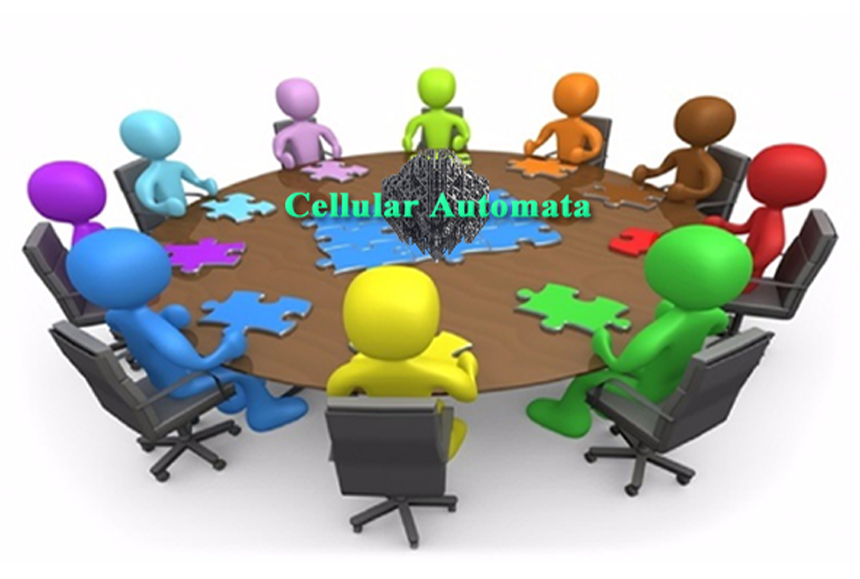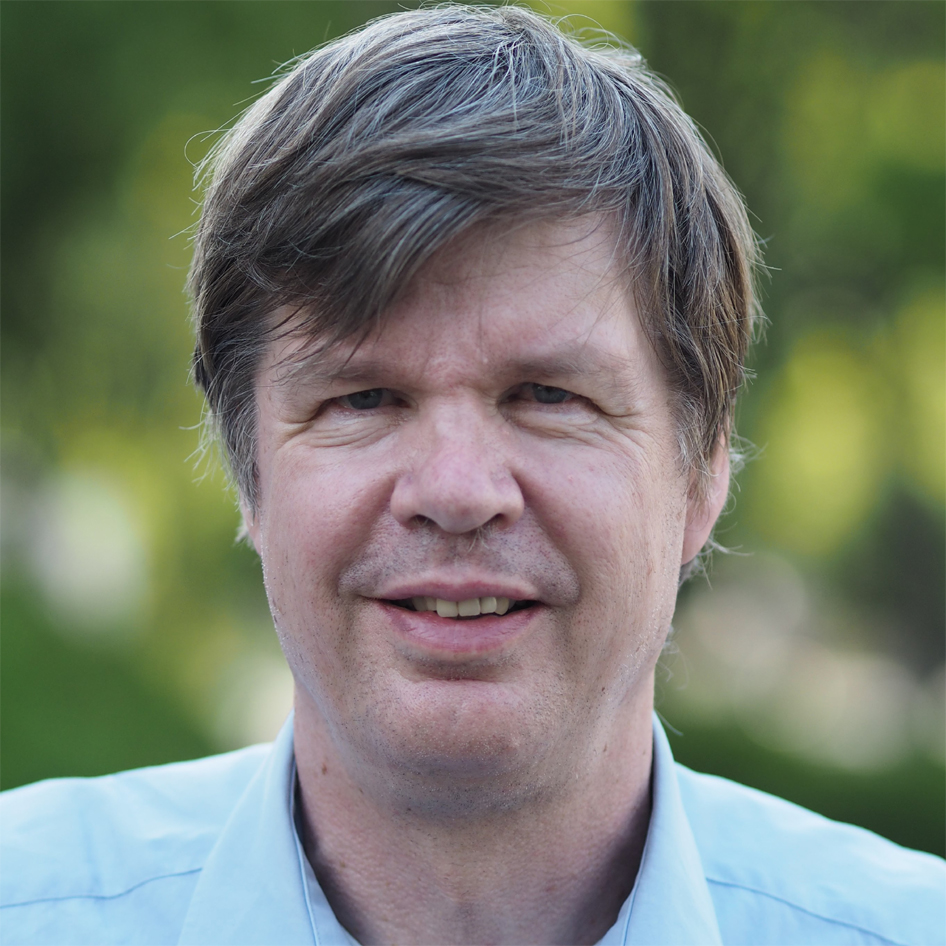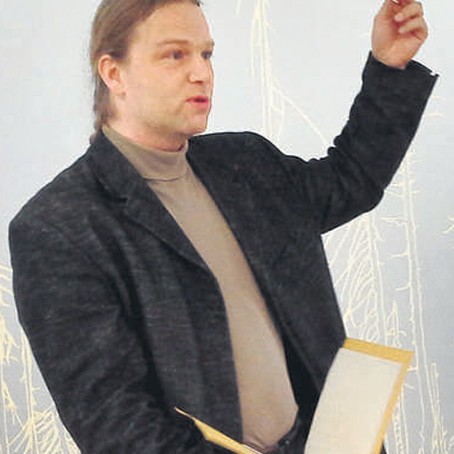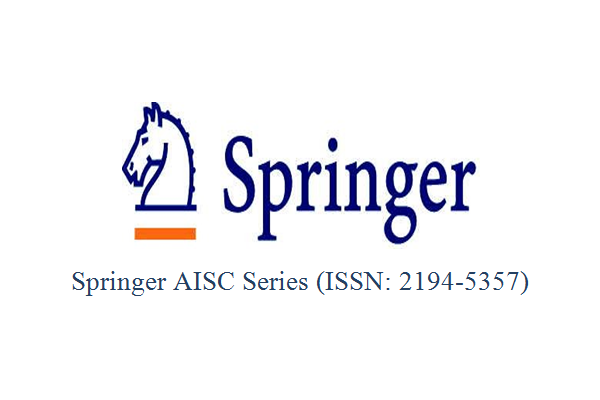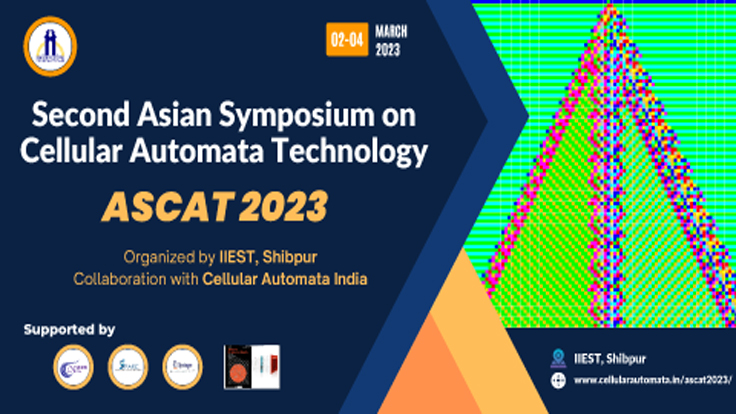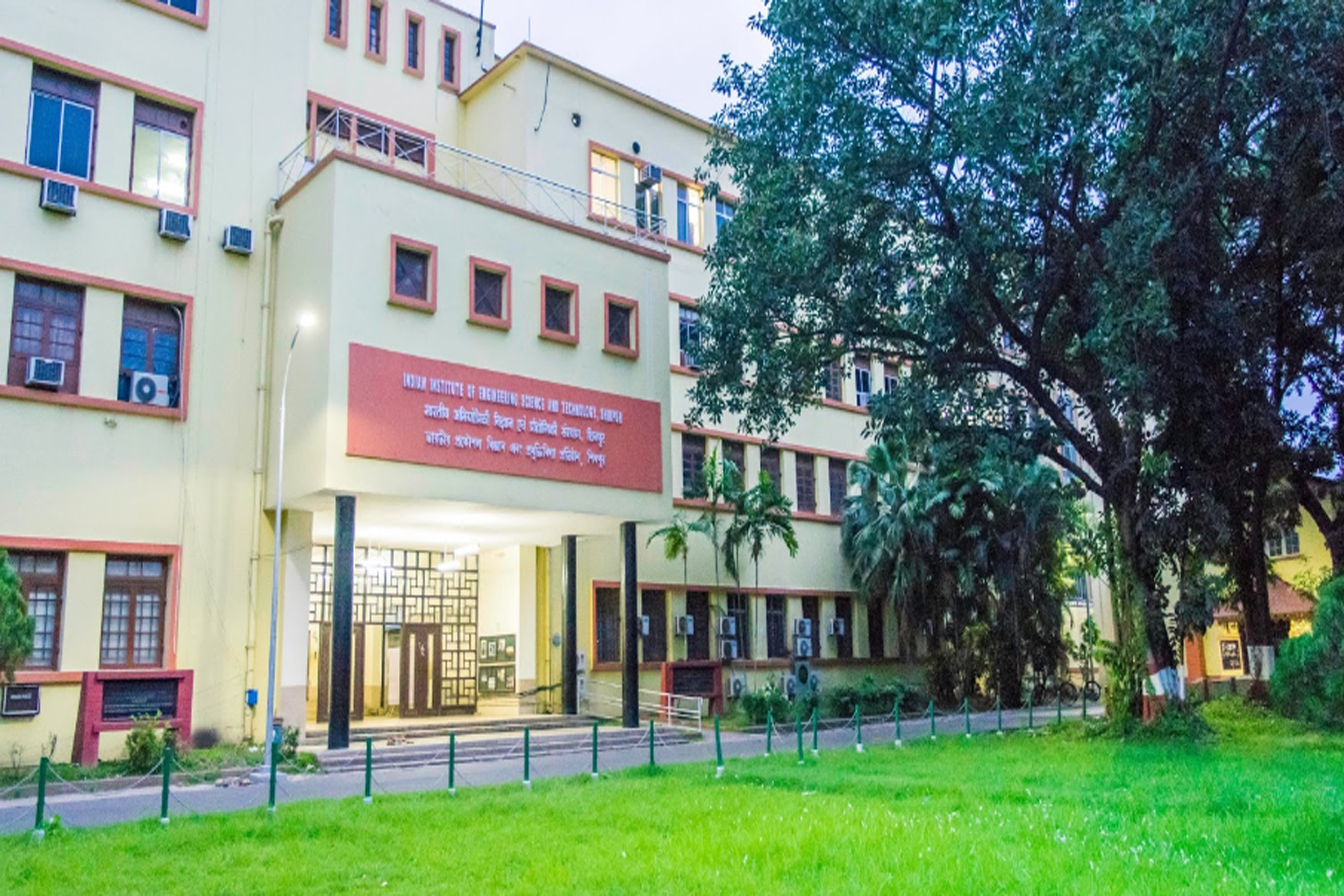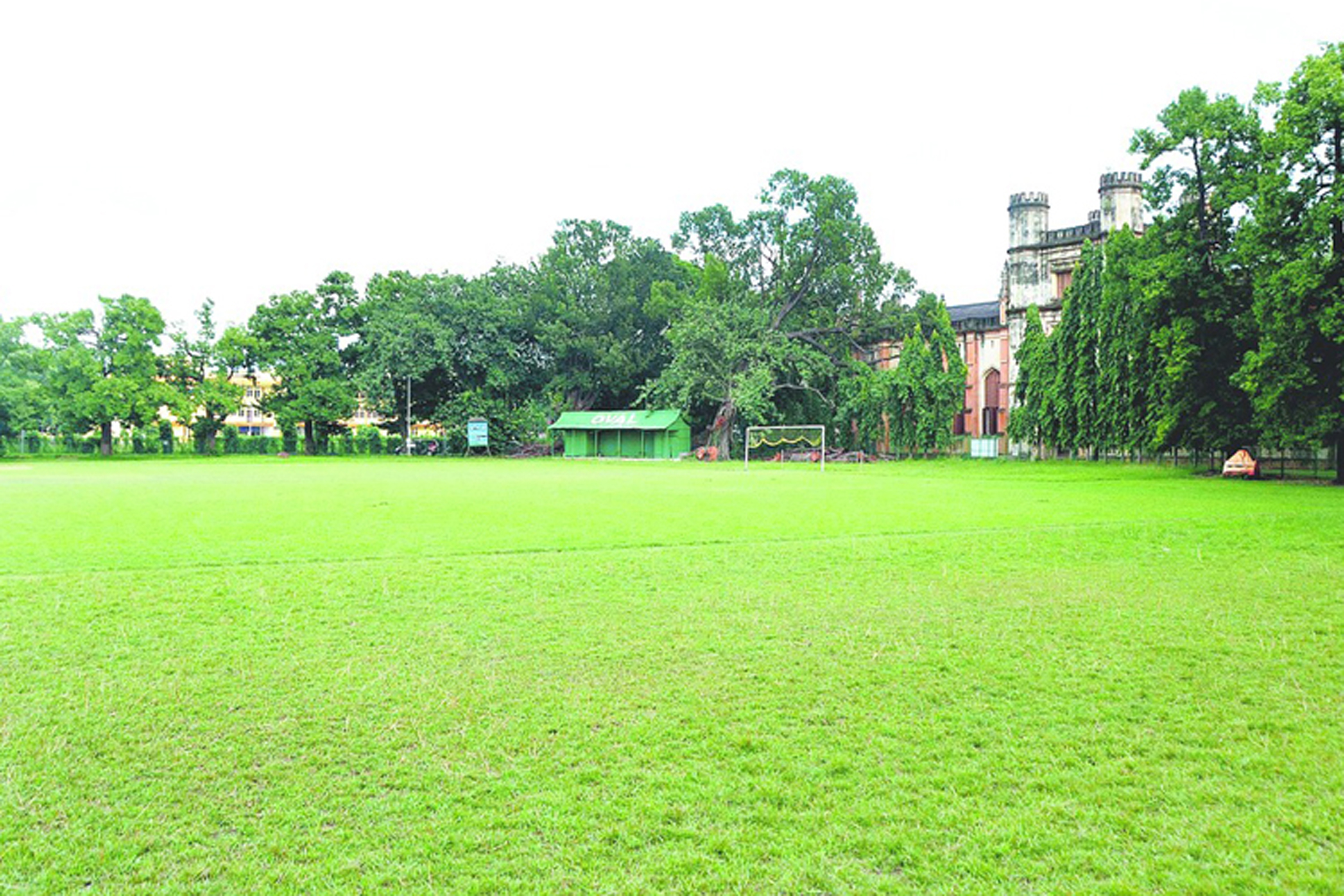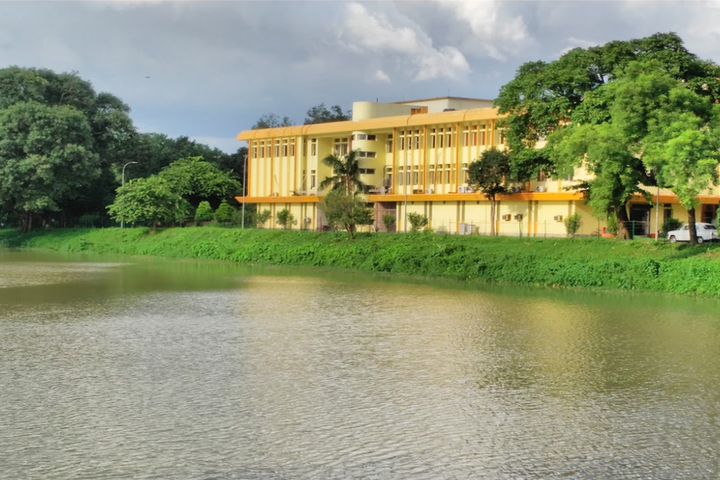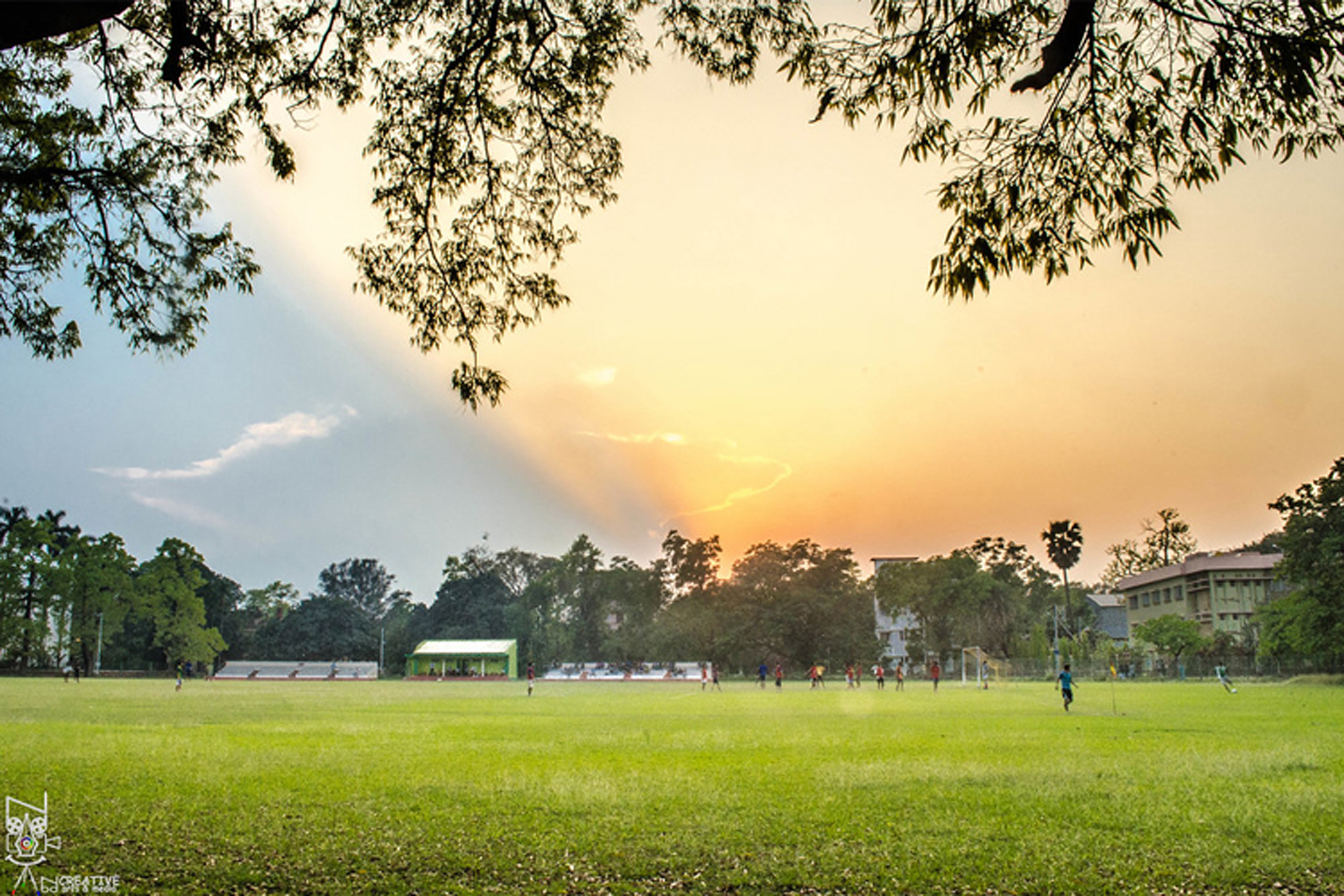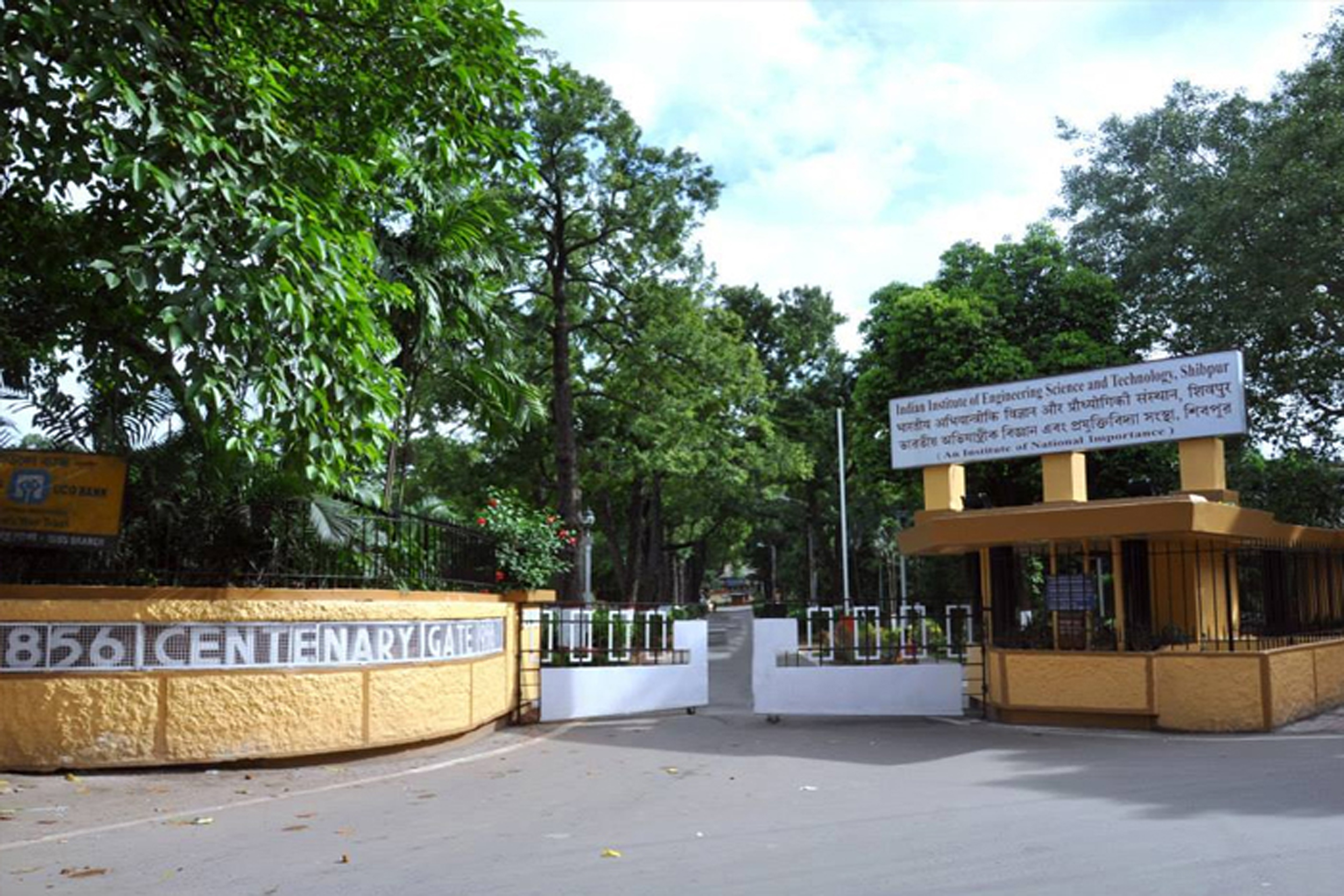Welcome to ASCAT 2023
We have completed ASCAT 2023 Successfully.
The recordings of all sessions of ASCAT 2023 are now available in the YouTube Channel of Cellular Automata India. Click here
Proceedings of ASCAT 2023 is now available online. Please have a look









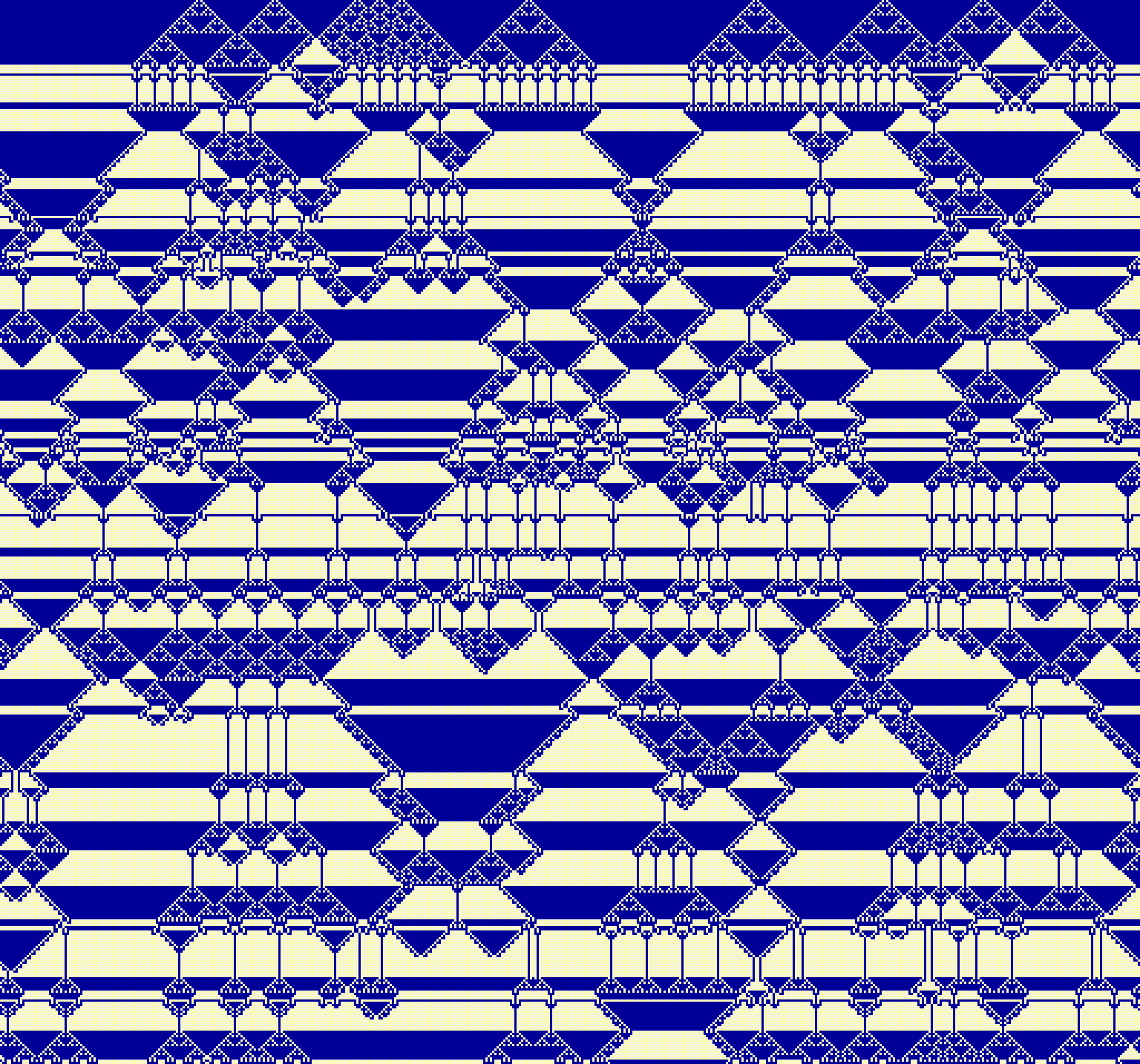
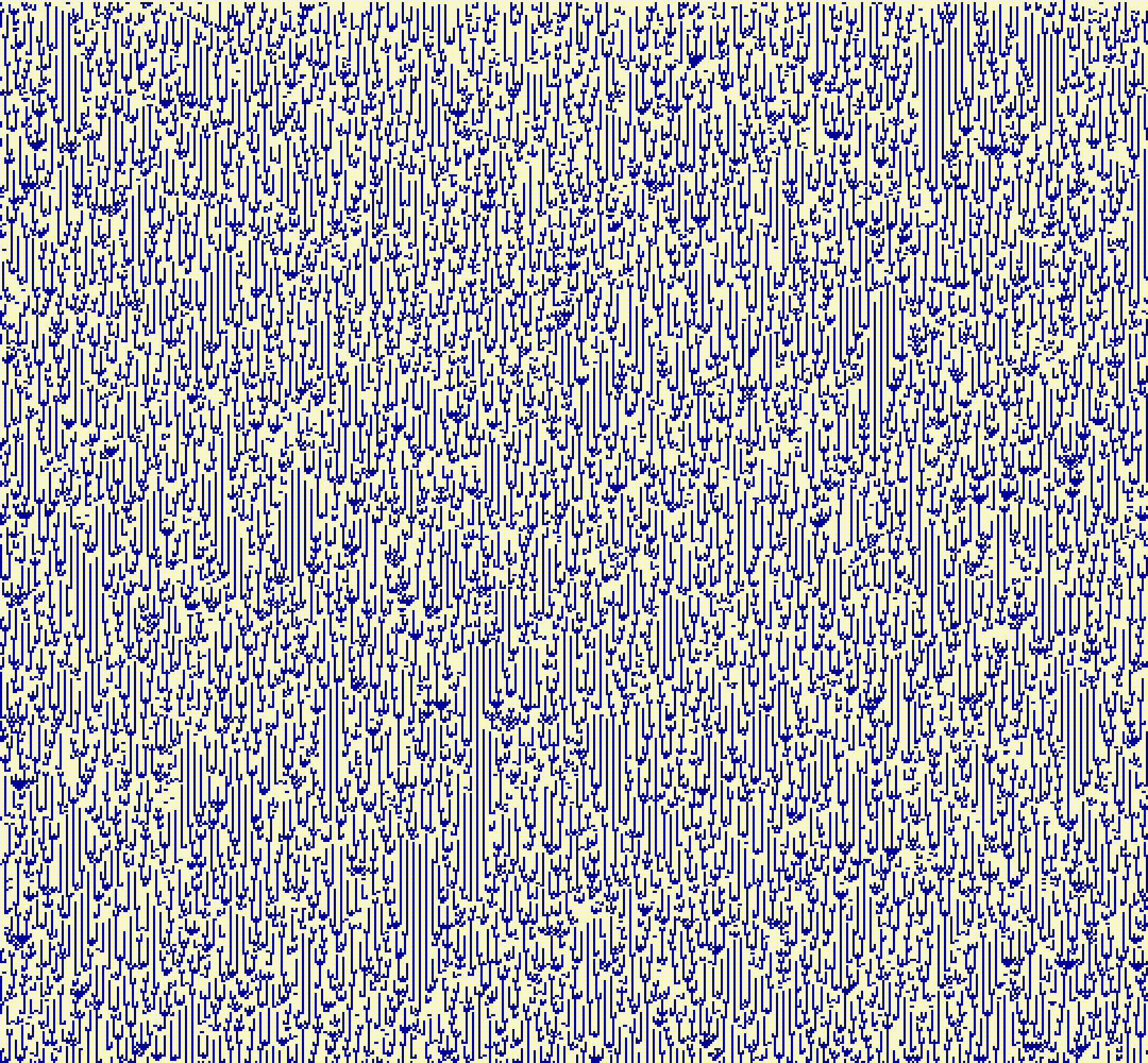
March 02-04, 2023 (hybrid)
Second Asian Symposium on Cellular Automata Technology
(ASCAT 2023)
This is the second edition of the Asian Symposium on Cellular Automata Technology (ASCAT) to be held during March 02-04, 2023. The first edition of ASCAT (ASCAT 2022) was held during March 03-05, 2022 in online mode. This time the event is organised in hybrid mode. The symposium is officially organized by Department of Information Technology and Department of Computer Science and Technology, Indian Institute of Engineering Science and Technology, Shibpur (IIEST, Shibpur) in its campus at West Bengal, India. Target of the symposium is two-fold: to nurture the theories of cellular automata, and to explore the cellular automata as technology. The symposium is unique by its type -- it does not look cellular automata as only mathematical tool, but also as technology.
Since long, India has played a significant role in research on cellular automata (CAs): theory and applications. A number of workshops and seminars on CAs have also been organized in India. Not only India, other Asian countries like Japan, Turkey, Vietnam, Taiwan, etc. also contribute significantly in Cellular Automata research. In fact, to this date, an important part of research in cellular automata, both in terms of quality and quantity, comes from the Asian community of CAs researchers. Many of them work in the domain of Cellular Automata Technology. This symposium can be seen as a consequence of the contributions of these researchers.
In recent past, during the pandemic period, some of the Indian researchers have come forward in creating a virtual research group, Cellular Automata India where most of the cellular automata researchers and scientists from India as well as many renowned scientists from around the globe have joined. Two webinar series were already organized from this platform where eminent scientists delivered invited talks and shared their research with the audience. A lecture series in memory of John Horton Conway was also organised during April, 2021, and later an edited book (The Mathematical Artist: A Tribute to John Horton Conway) was published including the lectures and some invited articles. The recording of the events are available at Cellular Automata India YouTube channel. The ASCAT can be considered as an annual event of this virtual group.
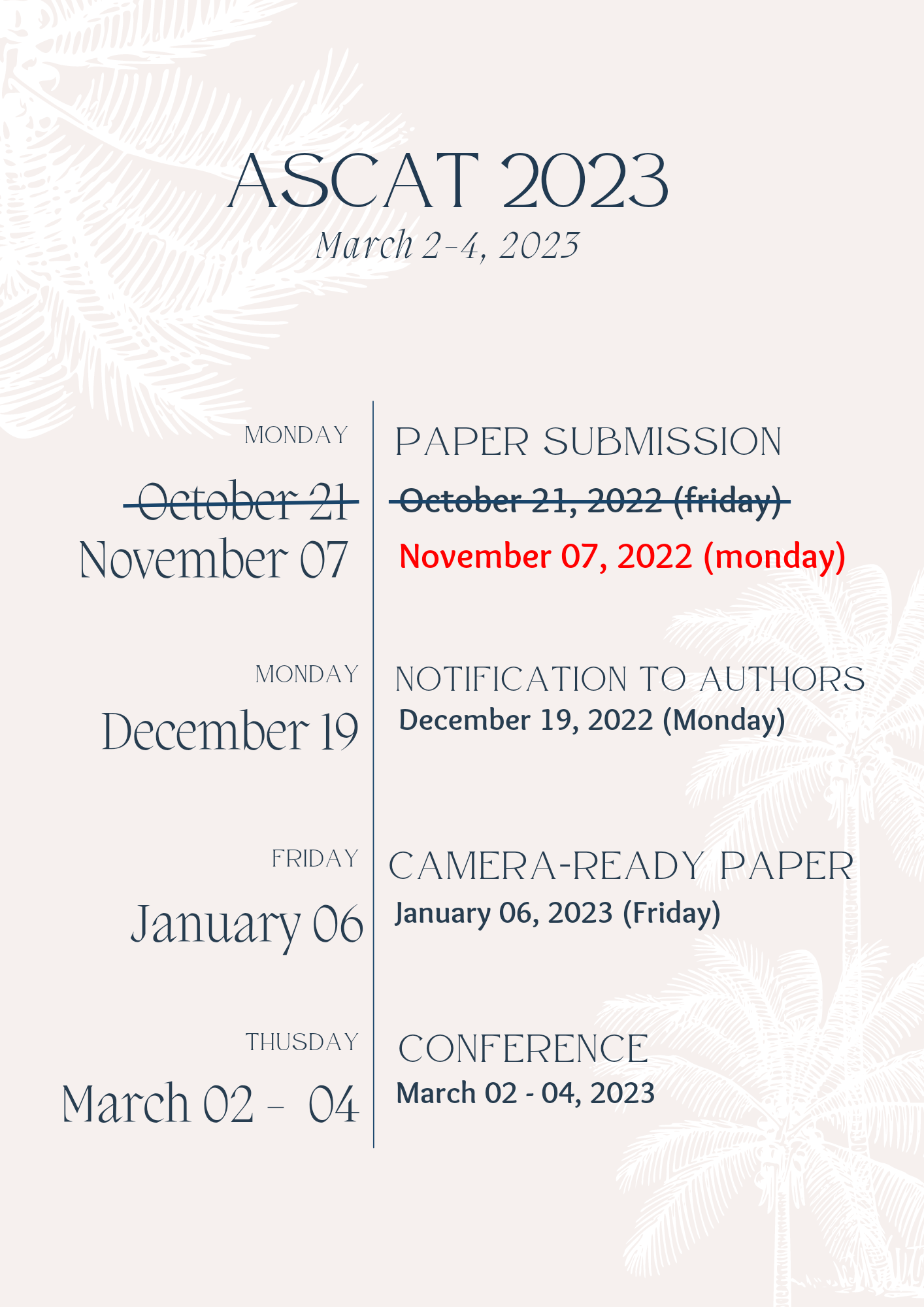
Topics
The scope of the conference includes all the topics related to theory and applications of cellular automata. In particular, the topics of interest include (but is not limited to) the following:
Algebraic and Theoretical aspects of CA
Cellular Automata Models and Computation
Non-uniformity in Cellular Automata
Cellular Automata, Hardware Design and Security
Quantum-dot Cellular Automata
Cellular Automata, Machine Learning and Artificial Intelligence
ABOUT
The symposium is jointly organized by Department of Information Technology and Department of Computer Science and Technology, Indian Institute of Engineering Science and Technology, Shibpur
Invited Speakers
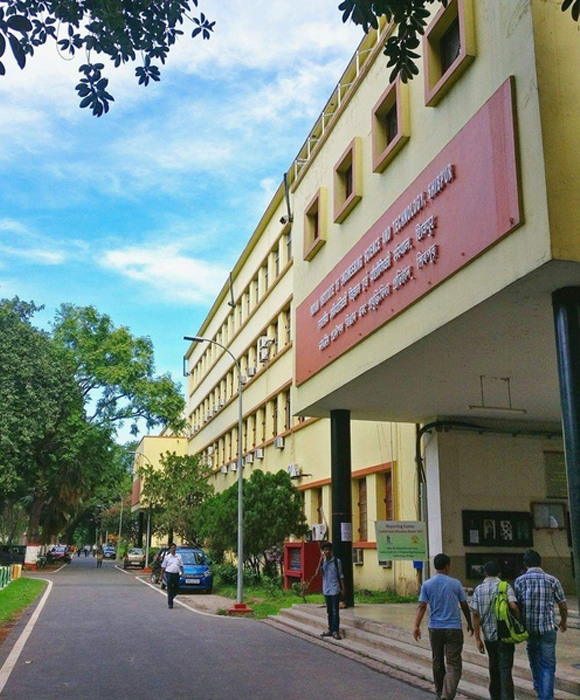
PhD Forum 2023
The ASCAT 2023 PhD Forum aims to exchange ideas and expertise of the young PhD students in the field of cellular automata. All the theoretical aspects of cellular automata and their applications in any domain are within the scope. In the PhD Forum presentation session, the PhD students will get the opportunity to discuss their ongoing research work with eminent domain experts from both academia and industry and get valuable feedback. This PhD forum would enrich and attract younger students to explore possible avenues for their future research plans.
Eligibility for PhD Forum
The author must have completed at least two years of Ph.D. program (from the date of PhD registration). PhD scholars who have defended their thesis within two years (as on March 2, 2023) are also encouraged to submit.
Important Dates
| Paper Submission deadline | : |
Monday, November 07, 2022 |
| Notification of acceptance | : | Monday, December 19, 2022 |
| Deadline for camera-ready papers | : | Friday, January 06, 2023 |
Springer Nature in the book series AISC (Advances in Intelligent Systems and Computing)
